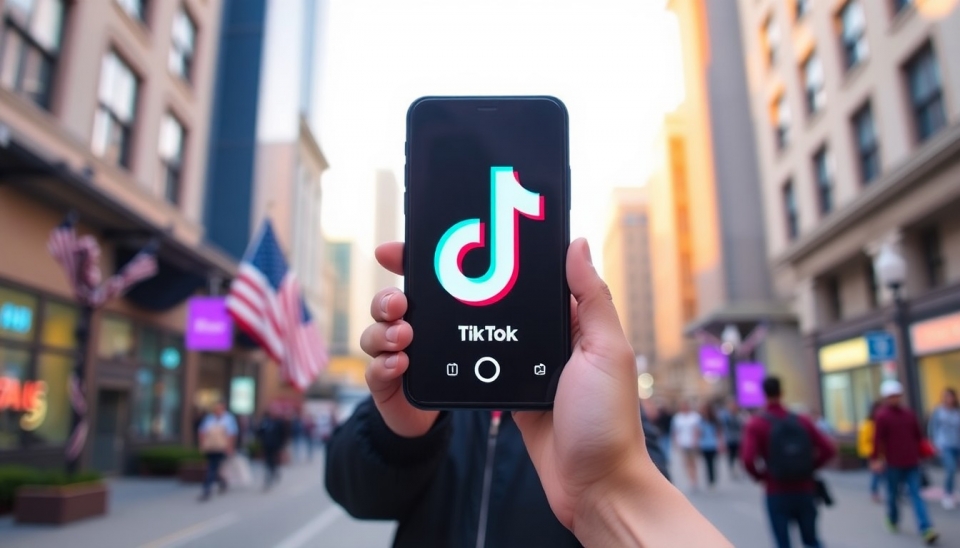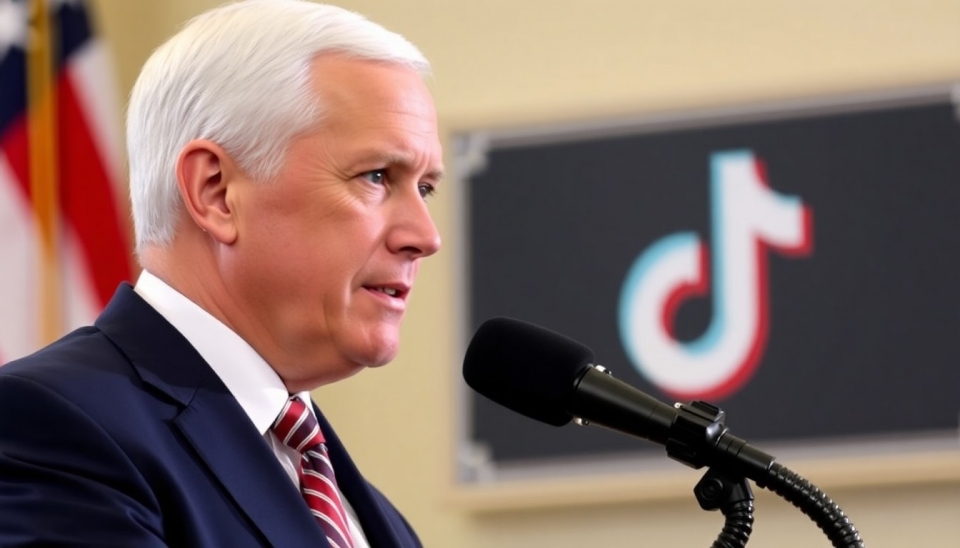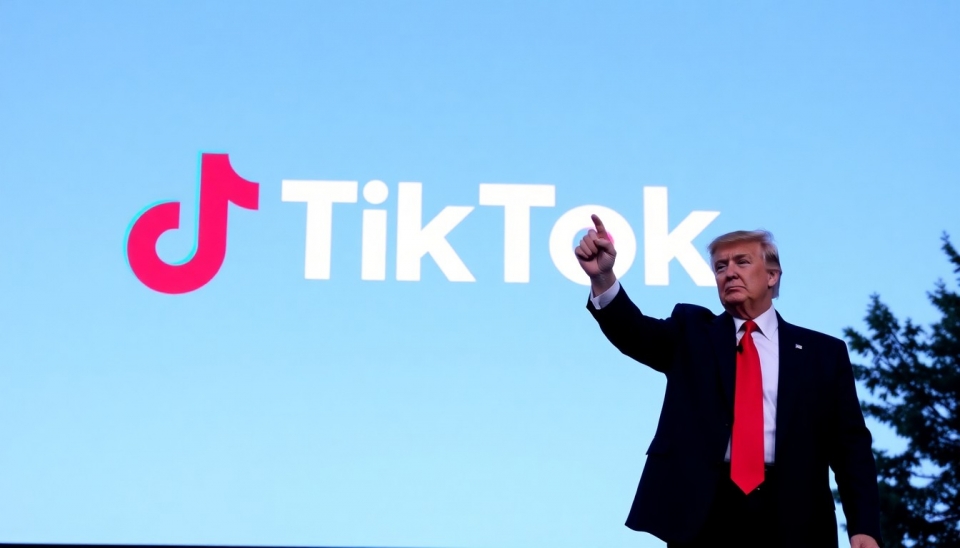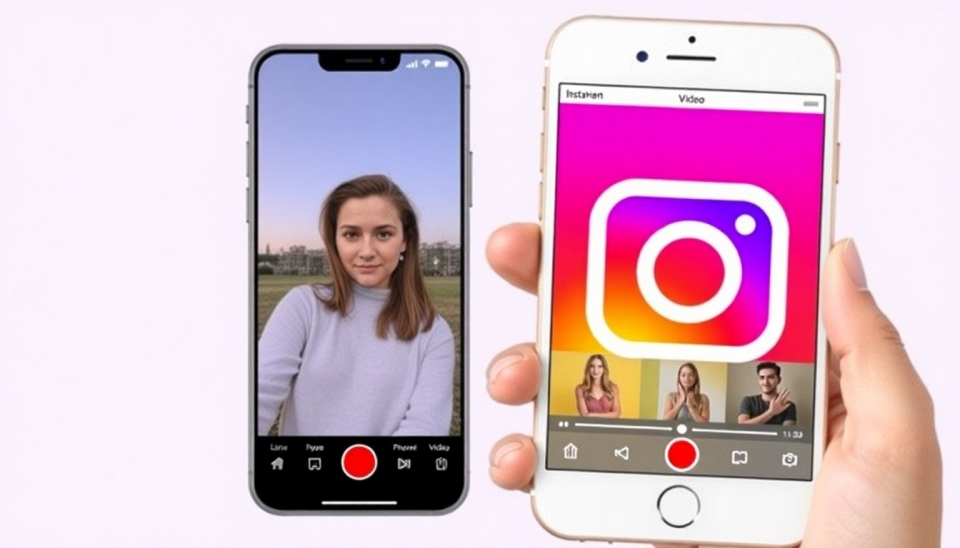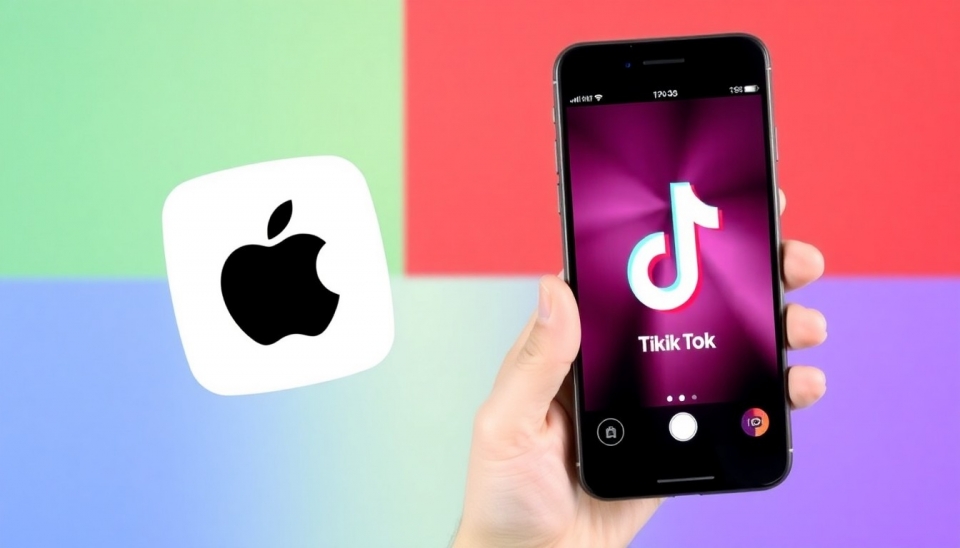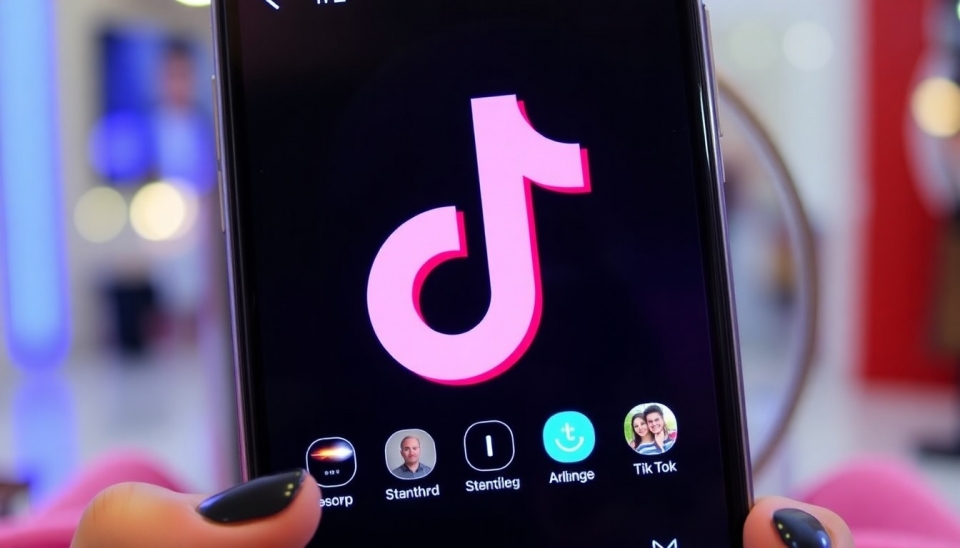
In a dynamic twist in the ongoing saga of social media regulation, uncertainties surrounding a potential ban on TikTok are leaving the beauty industry in a state of upheaval. As discussions continue over the app's data privacy concerns and its operational integrity, beauty brands and influencers alike are grappling with the reality that one of their most crucial platforms for marketing and engagement may soon be rendered ineffective.
Since its inception, TikTok has revolutionized how beauty products are marketed, allowing for viral trends to emerge and encouraging user-generated content which can dramatically influence purchasing decisions. Brands have relied heavily on TikTok's algorithm-driven exposure to promote new products and bolster their reputations among consumers, particularly a younger demographic that has increasingly shifted toward digital shopping.
However, with increasing governmental scrutiny and discussions of stringent regulations aimed at TikTok, beauty companies are now facing a period of apprehension. The fear of losing a crucial marketing avenue has led businesses to reassess their strategies. Many brands are contemplating diversifying their digital presence by fortifying their investments in other social media platforms, such as Instagram and Pinterest, which while popular, do not deliver the same level of spontaneous virality as TikTok.
Streamlining digital marketing efforts is not the only challenge on the horizon. Influencers, who have become a backbone of the beauty industry, also find themselves in a precarious situation. Many rely solely on TikTok for their income streams, utilizing charismatic video content to engage their audiences. The looming threat of a TikTok ban could severely disrupt their ability to connect with fans and monetize their channels effectively.
The beauty industry’s relationship with TikTok can be characterized as symbiotic; brands and users feed off one another, creating a buzz that often converts to sales. The potential loss of this platform raises critical questions about the future of brand-consumer engagement. Brands are now urged to invest in building a more sustained presence on various platforms and engaging content that resonates with audiences, regardless of the medium.
As the situation unfolds, beauty companies are left searching for clarity amid the uncertainty. Some are implementing contingency plans, focusing on their direct-to-consumer strategies and enhancing their websites to accommodate possible shifts in consumer engagement. The general sentiment in the industry reflects a push for adaptability, where brands must be quick to pivot strategies to retain market relevance.
In conclusion, the looming possibility of a TikTok ban is creating an unpredictable landscape for the beauty industry. Companies and influencers are keenly aware that they must brace themselves for significant digital shifts while continuing to forge connections with their audiences. As discussions continue around the platform's future, one thing remains clear: the beauty industry must evolve to thrive in this new environment.
#TikTokBan #BeautyIndustry #SocialMediaMarketing #InfluencerEconomy #DigitalMarketing #TrendForecasting #DataPrivacy
Author: Emily Collins
